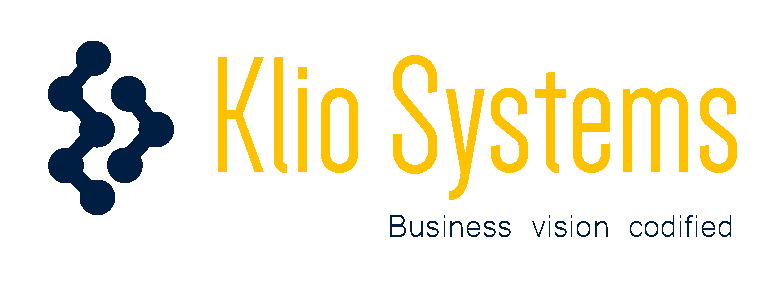What is the New Outlook and should you switch?
A lot of us in the IT world have been aware of an upcoming change to one of the most heavily used business applications, Outlook. Most business users spend a significant amount of time during their business day on using Outlook on their computers and mobile devices. So, this change that is being rolled out by Microsoft is a very big for the business community. We wanted to take some time and explain this change, and how it’s going to be rolled out along with the pros and cons of the new outlook. At the end of reading this article, our hope is that you can decide for yourself if you want to switch over or continue using the classic outlook. This is a decision you will have to take as an individual or an organization and we hope you do so with ample information.
So, what is the “New Outlook”?
- It is Microsoft’s effort to bring consistency to the way users use Outlook on various platforms.
- It will replace the Windows Mail and Calendar apps on new devices.
- You can switch back to classic Outlook (as its going to be called going forward) by using a toggle or working with your IT service provider.
- It will replace the Outlook application in the new Microsoft Office 365 downloads and if you need the classic version, you will have to download it separately.
- Will be rolled out on January 6th for customers using Business & Premium editions of Office 365.
- Enterprise users, home users etc. are not yet affected in this auto roll out.
What features does it have that are not in Classic Outlook?
- Teams Integration
- Teams Tag
- Online Archive Search Results
- File Answers
- Refiners
- Calendar Answers
- Contact Categories
- Undo Send
- Sweep
- Snooze
- Pin Messages
- Co-Pilot
- Favorite groups, people, categories
- Schedule meetings with Co-Pilot from an email thread
- Chat with Co-Pilot
- Preserve Declined Meetings
- Meeting Recap
- Follow Meetings
- In-Person Events
- Edit this and rest of events in series
What features are missing in “New Outlook”?
The list of things missing from new Outlook is pretty long but we have summarized it below. Note that this list is not comprehensive and will change as time passes by.
- Multiple mail profiles
- Shared mailboxes as accounts
- Shared mailbox archive
- Shared mailbox delegate access
- Custom forms
- LDAP Support
- Notes
- Offline Access
- PST file support
10.VBA Macros - Custom holidays
- Setting to auto decline if calendar is busy.
- SharePoint Calendar Sync
- COM Add-Ins
- MAPI
- Account Reorder
- Folder Reorder
- Favorite Shared Folders
- Public Folders
- Calendar conflict viewer
- Conditional Formatting
- Delay Send
- Mail Merge
- Message Recall
- .Msg Support
- Rules
- Voting Buttons
- Data Loss Prevention
- S/Mime
- Reply by chat
So, the list is not small and there are quite a few features that are currently missing. If you see something that you cannot do without as an individual or organization then take the steps to revert or prevent this change.
Do you have to switch?
No, you don’t. The switch is not mandatory but automatic and is being rolled out automatically to encourage users to switch. This change can be stopped from being rolled out or reverted so you can go back to prior version (classic) outlook. Preventing the change requires specialized knowledge but reverting the change is as simple as toggling the switch in top right corner of new Outlook. To prevent the change, reach out to your IT service provider or us so we can assist.
In Conclusion
Microsoft’s effort to improve on Outlook seems to be driven by a wish to create a common user experience that is better integrated with modern workplace applications and new developments such as Teams and Co-Pilot. However, if you are reliant on some of the features that not supported yet, it may not be time to switch quite yet.

